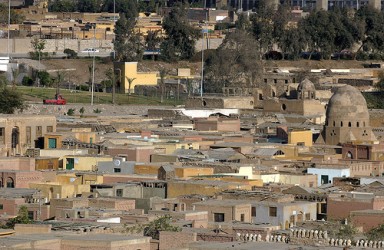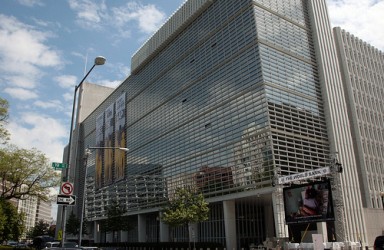The Failure of Neoliberal Transition Policies in Eastern Europe Post-1989
Neoliberal shock therapy in Eastern Europe has helped the West create exporting tigers, competing on the basis of cheap labour costs and opening up markets for themselves.
What Does ‘Sustainable Development’ Mean?
Over the past 20 years sustainable development has risen to the forefront of environmental strategy, but despite its profile there is little agreement over its precise meaning.
Evaluating the Participatory Development Programme in Egypt
Despite the weaknesses of the programme, it has contributed to urban poverty reduction in some of the most well-known informal areas in Egypt, achieving many tangible results.
What Makes Post-Conflict Situations Particularly Susceptible to Corruption?
Broadly speaking, a combination of weak societal structures, fragile governmental institutions and unstable economic systems contribute to creating a chaotic environment conducive to corruption.
Are NGO Agendas Dictated By Western Assumptions?
The politicisation of NGOs has been widely questioned and their increasing reliance on donor states’ ideologies has pulled them away from their original purpose: immediate relief.
The Importance of Institutions to Economic Development
Institutions strongly affect the economic development of countries and act in society at all levels by determining the frameworks in which economic exchange occurs.
Australia’s Engagement in the Asia Pacific: Reality, Utopia & Transformation
Classical Realist, Neoliberal and Constructivist theories can synergise and complement each other by providing a multidimensional approach to Australia’s regional engagement.
The Impact of Neoliberal Policies on Cambodian Society
The promotion of unfettered and intense marketization is the foremost causal factor contributing to Cambodia’s inability to consolidate democracy following a UN-sponsored transition.
The Importance of a Socioeconomic Rights Approach to Transitional Justice
Factors such as exclusion and poverty have a important causal relationship with armed conflict and social division. Economic and social rights, therefore, must be central to post-conflict societies.
Can ‘Just Giving Money to the Poor’ Reduce Poverty?
Whilst giving money to the poor is necessary to alleviate certain aspects of poverty, this social protection method in itself is not sufficient to reduce the multifarious aspects of poverty.









